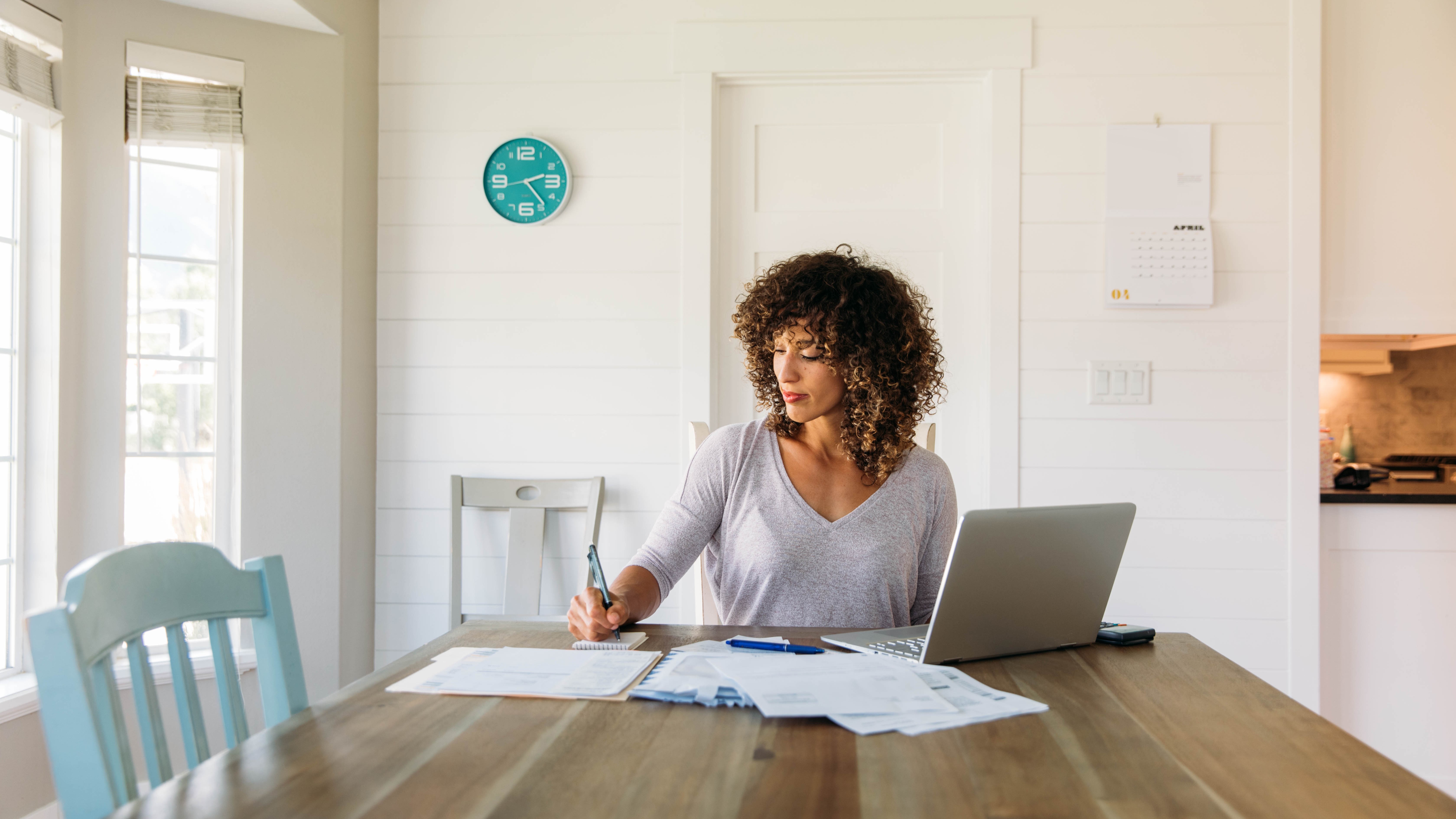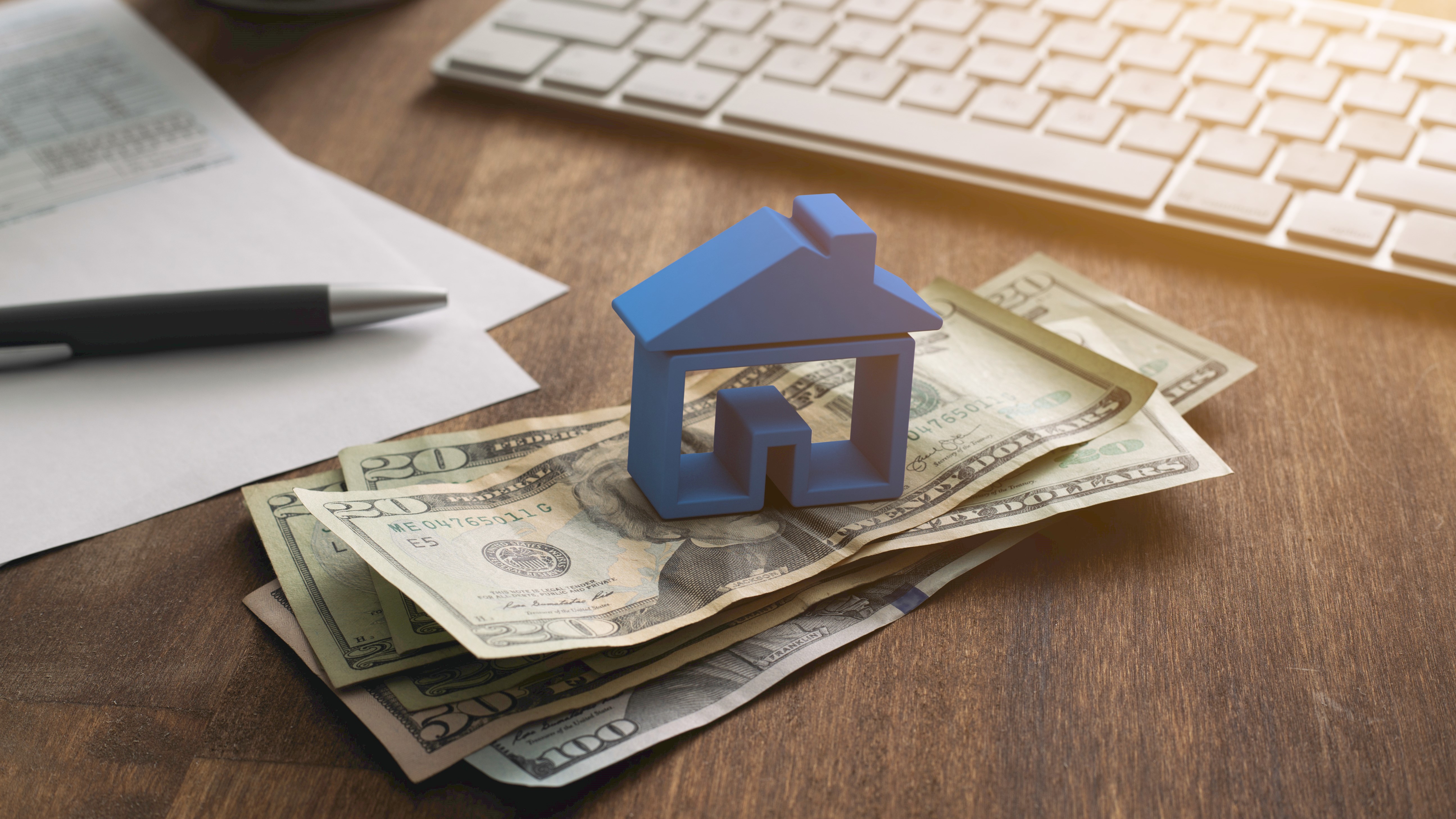Found your ideal home? You’ll need the ideal mortgage to suit. However, it isn’t always that easy – not only do you need to make sure that your credit score is as high as it can be to boost your chances of approval from the best mortgage lenders, you also need to be certain that you can afford the house you’re looking for.
This means there’s one key question that’s bound to be at the top of your mind: what mortgage can I afford? Here, we take a look at how you can find out, and how to improve your chances of securing the mortgage you want.
Know where you stand
You’ll only know what mortgage you can afford if you’re completely on top of your finances, so the first step is finding out where you stand. This means carefully scrutinising your income and outgoings, knowing exactly where every cent gets spent, and ideally, spotting any areas you can cut back on in the process. Make sure to keep a close eye on your credit agreements too, as these will likely take up a significant chunk of your disposable income.
You don’t have to go it alone, however; the best personal finance software can help. The right packages can be a fantastic way to help you manage your money, providing everything from budgeting tools to spending oversights, and even letting you track your savings and investments so you can see how everything’s performing.
Once you’ve got a thorough understanding of your current standing, you can start incorporating your estimated housing costs. Owning a home may be cheaper than renting in a lot of cases, but you’ll still need an idea of what your future costs will be, making sure to incorporate everything from the down payment and mortgage interest rate to home owners insurance and property tax, giving you your overall budget.

The 28/36% rule
There’s a tried and tested rule which states that no more than 28% of gross monthly income should be spent on housing expenses, and no more than 36% on debt, including housing debt, car loan payments, credit cards and personal loans. This calculation should always be kept in mind when you’re searching for a mortgage, as there’d be nothing worse than being locked into a 30-year loan that you’re unable to comfortably afford.
If things are looking a little stretched, it’s worth spending time analysing where you can make cutbacks, particularly when it comes to your credit commitments. If you have several credit cards it may be wise to consider consolidating them into a single debt consolidation loan, for example, making it easier to manage the repayments and giving you a route to clear the debt.
After all, your current level of debt is key, as it’s used to determine your debt-to-income ratio (DTI) – in other words, your monthly income vs. your monthly debt. Those with a high level of debt in relation to their income may find it difficult to secure a mortgage, as a high DTI indicates little capacity to take on more debt. This is why it’s wise to pay off as much as possible before you apply for a mortgage, both to paint a better picture to mortgage lenders, and to give yourself some financial leeway.
What about credit scores?
Reducing your level of debt can also be a great way to improve your credit utilization ratio, which could in turn have a positive impact on your credit score – giving you a better chance of being accepted for the most attractive mortgage deals. This is because those with the very best scores will be offered the lowest mortgage rates, which means their monthly payments will likely be lower than someone with a poor score who couldn’t access such deals.
In fact, your credit score can be the deciding factor in whether you can afford your dream home at all, because if it isn’t good enough, you may not even be accepted for a mortgage. This is why it’s so important to spend time improving your score, or seeking credit repair services to help.

Build a bigger down payment
Building up your down payment could be another great way to improve affordability, as mortgage lenders typically offer lower rates to those with a larger deposit. You could start small, perhaps by saving on household bills by cutting back on subscriptions that you no longer use, and putting anything you save into an online savings account.
You may even be able to take it one step further. If you’re due a tax refund, for example, or think you’ll be eligible for a stimulus check and are on a decent financial footing, you may be able to put these payments to good use, funnelling them into your down payment to bring down your future expenditure.
Those unable to put up such a significant amount at the outset may still be able to benefit in the future, with many able to approach the best refinance mortgage companies for a better deal at a later date. However, it’s important not to rely on this option; affordability should always be based on your current circumstances, so making sure you’ve got everything in place to afford your ideal mortgage right now could pay off in the long run.
Find the right mortgage to suit
Ultimately, the mortgage you can afford will come down to a combination of your budget, credit score and amount of debt, but finding the right type of mortgage is a vital part of that – the lower the rate, the lower your repayments and, theoretically, the more you can afford. You may want to consider mortgage points as a way to reduce your interest rate, depending on how long you’re looking to stay in the property for, but your first port of call should always be finding the best mortgage lenders to suit your needs and budget.

